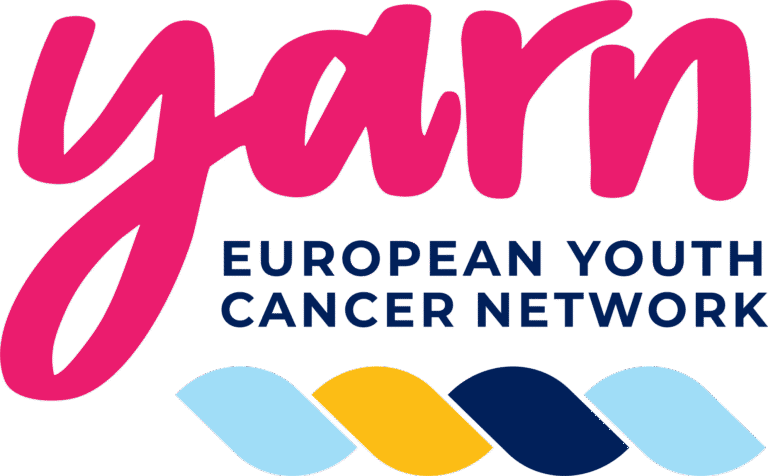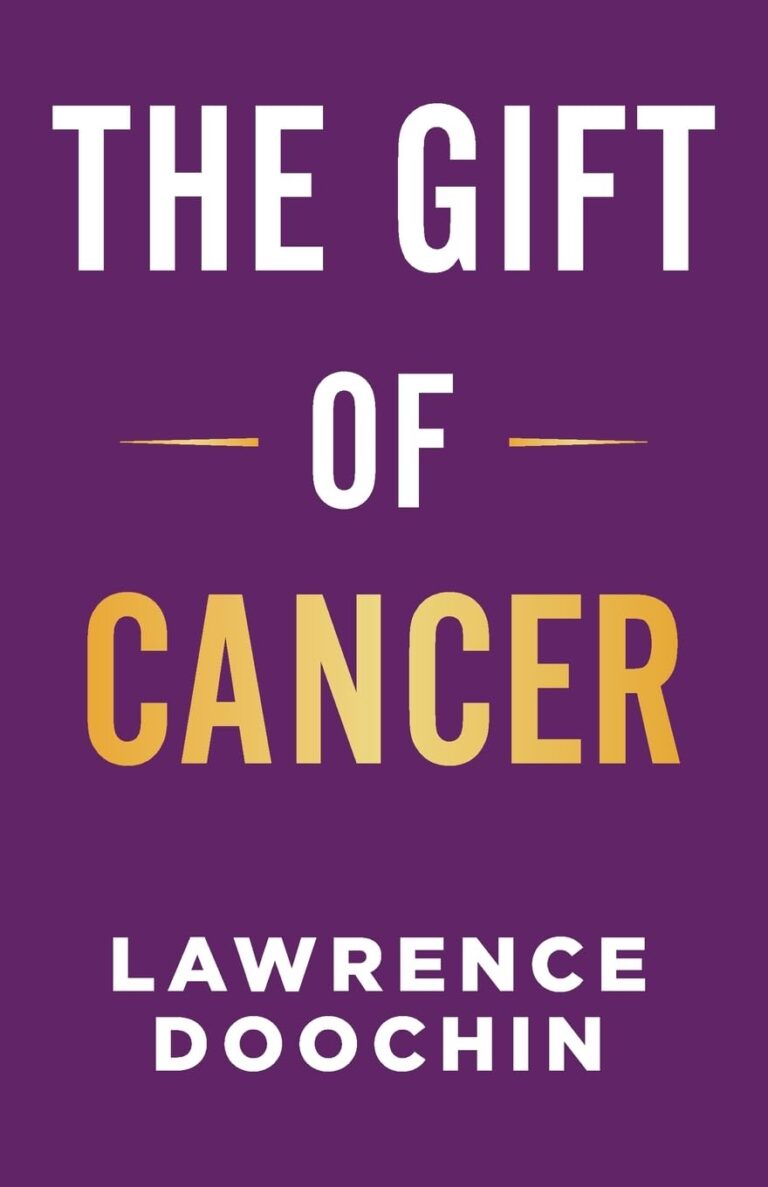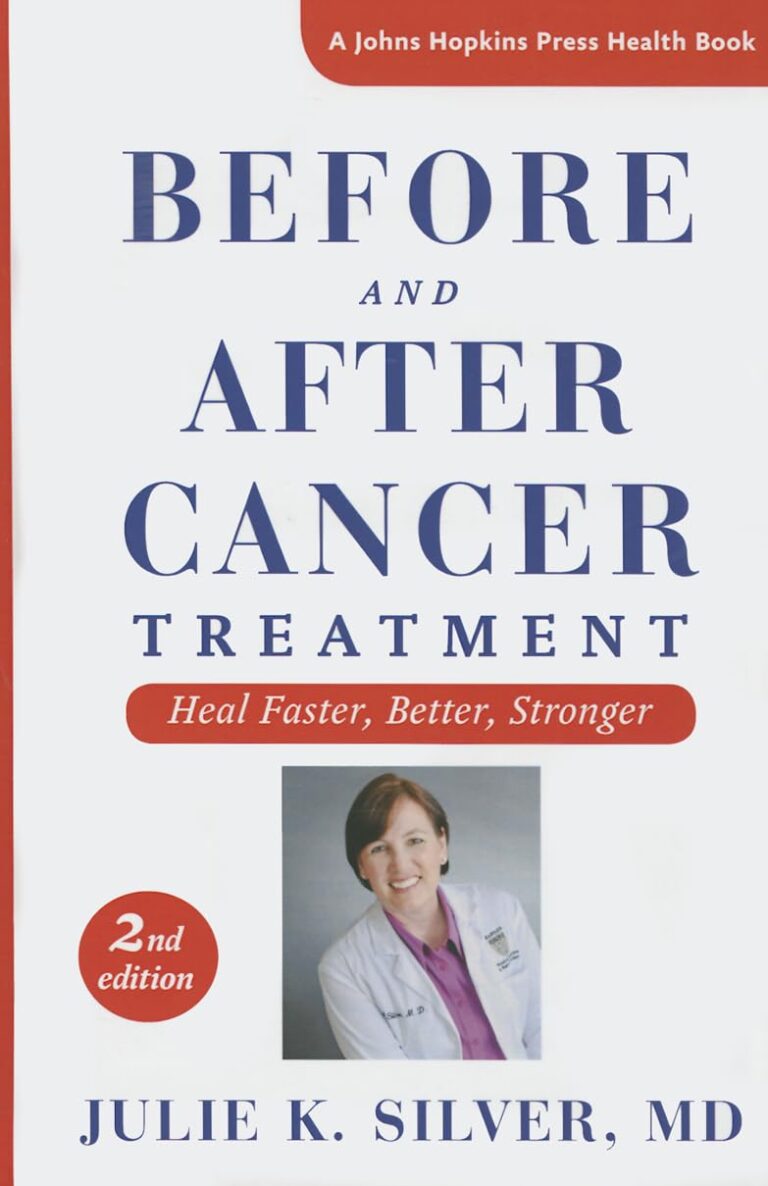
Definition of Nasopharyngeal Carcinoma
To break it down, ‘nasopharyngeal’ refers to the nasopharynx, the upper part of your throat behind your nose. ‘Carcinoma’ is a type of cancer that starts in cells that make up the skin or tissue lining organs.
Hence, Nasopharyngeal Carcinoma (NPC) is a rare kind of cancer that begins in the part of your throat just behind your nose. It occurs in the epithelial cells, which line the surface of the nasopharynx, causing mass growths or tumors.
Causes and Risk Factors of Nasopharyngeal Carcinoma
The exact causes of NPC are unknown. However, it is believed that a combination of genetics, environment, and infection with the Epstein-Barr virus contributes to the disease.
Various risk factors can predispose one to NPC including being of southern Chinese descent, exposure to certain chemicals and a diet rich in preserved or salted foods. Smoking and heavy alcohol use can also increase the risk of this condition.
Symptoms and Diagnosis of Nasopharyngeal Carcinoma
The common symptoms of NPC may include persistent nasal congestion or stuffiness, hearing loss, recurrent ear infections, nosebleeds, headaches, and facial pain. It is particularly tricky to diagnose since the symptoms mirror those of other, more common conditions.
Once a suspicion arises, the diagnostic process may involve medical history review, physical examination, and imaging tests such as CT, MRI, or PET scans. Biopsies and examination of the upper throat may also be conducted.
Get to know us better
If you are reading this, you are in the right place – we do not care who you are and what you do, press the button and follow discussions live

Treatment Options for Nasopharyngeal Carcinoma
The primary treatments for NPC are chemotherapy and radiation therapy. In some cases, surgery may be used, but due to the delicate and complex structure of the nasopharynx, it often comes with limitations.
Post-treatment care is vital for recovery and might involve regular follow-up appointments, addressing side effects, and maintaining a healthy lifestyle with good nutrition and exercise.
Building up on Prevention Strategies and Early Detection
While NPC might not be completely preventable, risk can be lowered by adopting healthy lifestyle habits such as limiting intake of salted and preserved foods, avoiding tobacco, and reducing alcohol consumption.
Early detection is crucial for effective treatment. Regular check-ups, awareness of symptoms and seeking immediate medical attention when these persist can significantly improve outcomes.
Living with Nasopharyngeal Carcinoma
Living with NPC has profound impacts on both physical and mental health. The treatment side effects can lead to changes in appearance and bodily functions and trigger emotional distress.
Apart from medical support, a strong network of emotional support including family, friends, and support groups can provide the much-needed help and motivation for those living with NPC.
Conclusion
Nasopharyngeal Carcinoma is a rare cancer but understanding it becomes critical to promote awareness, early detection, and effective treatment. It’s crucial to educate oneself in managing health and seeking early medical attention should symptoms arise.
FAQs:
- What are the earliest signs of Nasopharyngeal carcinoma that I should watch for?
The earliest signs can include persistent nasal congestion or stuffiness, hearing loss, recurrent ear infections, nosebleeds, and facial pain.
- Are certain populations at higher risk of developing Nasopharyngeal carcinoma?
Yes. Populations of southern Chinese descent, especially from the Cantonese region, and those exposed to certain chemicals or a diet high in preserved or salted foods, are at a higher risk.
- What is the prognosis for someone diagnosed with Nasopharyngeal carcinoma?
The prognosis varies depending on the stage at diagnosis, age and overall health of the patient, response to treatment, and other factors.
- Can Nasopharyngeal carcinoma be cured or is it only manageable?
The goal of treatment for NPC is to cure the disease. If it is at an advanced stage or recurring, treatment would focus on prolonging survival and managing symptoms.
- What lifestyle changes can reduce the risk of Nasopharyngeal carcinoma?
Lifestyle changes can include limiting intake of preserved or salted foods, avoiding tobacco, and reducing alcohol consumption.

















Comments
Thank you. Comment sent for approval.
Something is wrong, try again later